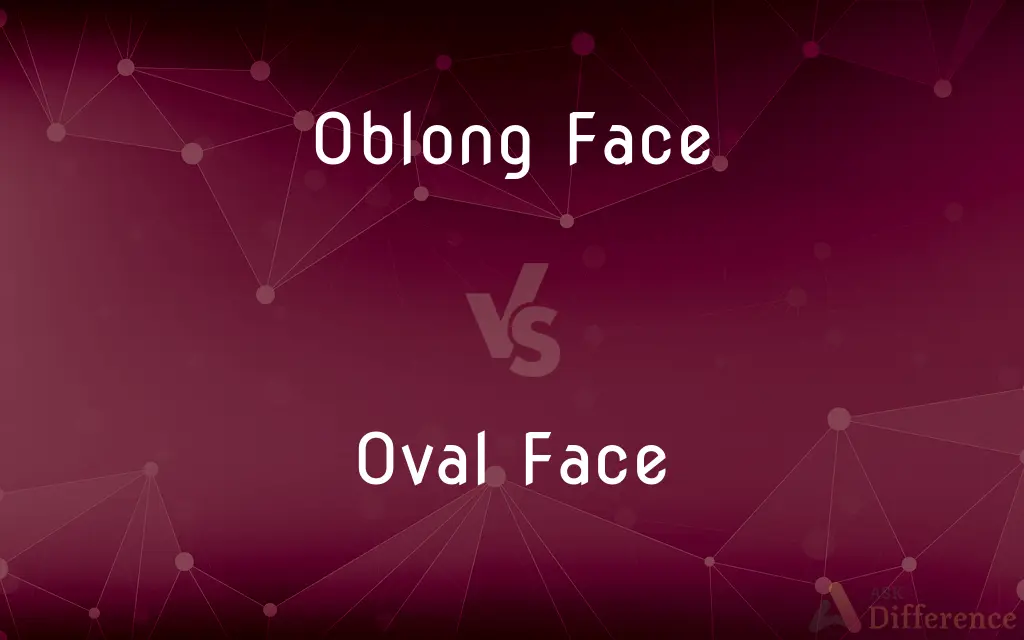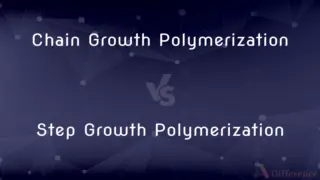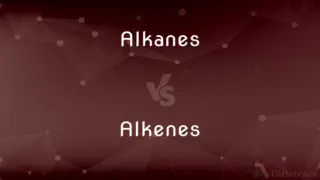Oblong Face vs. Oval Face — What's the Difference?
By Tayyaba Rehman — Published on December 13, 2023
An Oblong Face is longer than it is wide, while an Oval Face is balanced with slightly longer length than its width.

Difference Between Oblong Face and Oval Face
Table of Contents
ADVERTISEMENT
Key Differences
An Oblong Face, when observed, clearly has a length that noticeably exceeds its width. On the other hand, an Oval Face presents a harmonious balance, where the length is only slightly more than its width.
Features defining an Oblong Face include a longer chin and forehead, which may make the face appear stretched. In contrast, an Oval Face is characterized by its balanced proportions, giving it a rounded appearance without any excessive elongation.
When it comes to styling, those with an Oblong Face might aim to create width and reduce the perception of length. For an Oval Face, there's often more flexibility in styles, given its balanced proportions.
In the realm of beauty and fashion, individuals with an Oblong Face might choose hairstyles or accessories that add width around the temples. Conversely, those with an Oval Face can typically experiment with a variety of styles, given the face's versatility.
The Oblong Face might have more pronounced vertical features, such as a prominent chin or high forehead. An Oval Face, however, generally has smoother transitions between its features, with no single feature dominating the face's appearance.
ADVERTISEMENT
Comparison Chart
Length vs. Width
Longer than it is wide
Slightly longer than its width
Dominant Features
Longer chin and forehead
Balanced features
Hairstyling Objective
Create width, reduce perceived length
Versatility in styles
Accessory Choices
Add width around temples
Variety given balanced proportions
Perception
May appear stretched
Considered ideal due to its balance
Compare with Definitions
Oblong Face
Characterized by a pronounced chin and forehead.
Due to her Oblong Face, she chooses hairstyles that add width.
Oval Face
Balanced face shape with a slight elongation.
Her Oval Face made it easy for her to try various hairstyles.
Oblong Face
A face shape longer than its width.
She has an Oblong Face, which gives her a distinct look.
Oval Face
Versatile and allows for experimentation in styling.
She loved having an Oval Face because she could change hairstyles frequently.
Oblong Face
Less common than the oval and round face shapes.
She realized she had an Oblong Face after comparing with her friends.
Oval Face
Considered an ideal face shape in beauty standards.
With her Oval Face, she was told she could pull off any look.
Oblong Face
May benefit from horizontal emphasis in styling.
To complement her Oblong Face, she wore wide-brimmed hats.
Oval Face
Features smooth transitions between forehead, cheeks, and chin.
Her Oval Face had no dominating features, giving her a harmonious appearance.
Oblong Face
Often appears vertically stretched.
Hairstyles with volume suit her Oblong Face best.
Oval Face
Slightly longer than its width without looking stretched.
Although she has an Oval Face, it never appears too long or too short.
Common Curiosities
Which face shape is considered more ideal in beauty standards?
The Oval Face is often considered the "ideal" face shape in many beauty standards.
What's a common misconception about Oblong Faces?
A common misconception is that all long faces are Oblong, but length alone doesn't define an Oblong Face; it's the ratio of length to width.
Do people with an Oblong Face have any challenges with hairstyles?
Individuals with an Oblong Face often aim for hairstyles that add width to balance the length.
How about celebrities with an Oval Face?
Celebrities like Beyoncé and Jessica Alba are known for their Oval Faces.
Is there versatility in hairstyles for those with an Oval Face?
Yes, those with an Oval Face can typically experiment with a variety of hairstyles given its balanced proportions.
Are there any celebrities known for having an Oblong Face?
Yes, celebrities like Sarah Jessica Parker and Liv Tyler are often cited as having Oblong Faces.
What distinguishes an Oblong Face from an Oval Face?
An Oblong Face is longer than it is wide, while an Oval Face has a balanced proportion, being only slightly longer than its width.
How can one determine if they have an Oblong Face or Oval Face?
Measuring the face's length and width can help; if it's noticeably longer than wide, it's oblong. A slight elongation indicates an oval shape.
Are there glasses styles better suited for an Oblong Face?
Round or square frames can help add width to an Oblong Face.
Can makeup techniques vary between Oblong and Oval Faces?
Yes, makeup for an Oblong Face might focus on adding width, while an Oval Face allows for more general highlighting and contouring.
Which face shape is more common, Oblong or Oval?
Oval Faces are more common than Oblong Faces.
Can both men and women have Oblong and Oval Faces?
Yes, both face shapes are found in individuals of all genders.
Can age change one's face shape from Oblong to Oval or vice versa?
While age can change facial features, it typically doesn't shift a person's fundamental face shape from Oblong to Oval or the other way around.
Is there a way to change one's face shape?
While minor changes can be made with makeup, contouring, or surgery, one's basic face shape remains relatively consistent.
What about glasses for an Oval Face?
Almost any style works with an Oval Face, but it's essential to ensure the frames are in proportion to the face size.
Share Your Discovery

Previous Comparison
Chain Growth Polymerization vs. Step Growth Polymerization
Next Comparison
Alkanes vs. AlkenesAuthor Spotlight
Written by
Tayyaba RehmanTayyaba Rehman is a distinguished writer, currently serving as a primary contributor to askdifference.com. As a researcher in semantics and etymology, Tayyaba's passion for the complexity of languages and their distinctions has found a perfect home on the platform. Tayyaba delves into the intricacies of language, distinguishing between commonly confused words and phrases, thereby providing clarity for readers worldwide.












































